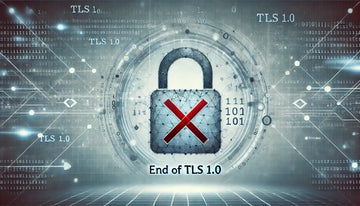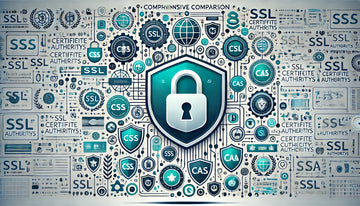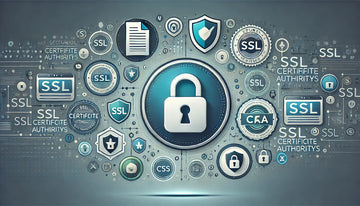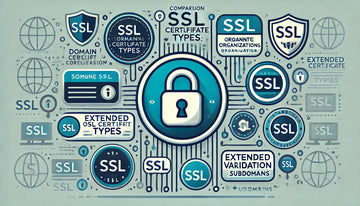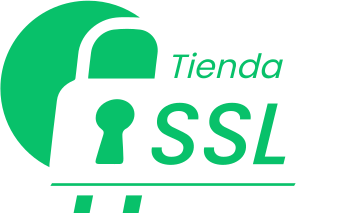SSL (Secure Sockets Layer) certificates are an essential part of online security. They help protect user privacy and ensure the security of information transmitted between a user's browser and a web server. However, when it comes to choosing a certificate authority to obtain an SSL certificate, it's important to understand the differences between the available options. In this article, we'll compare the different SSL certificate authorities, highlighting their key features and helping you make an informed decision.
What is a Certificate Authority (CA)?
A Certificate Authority is a trusted entity that issues SSL certificates after verifying the identity of the applicant and ensuring that the domain or entity to which the certificate is issued is legitimate. These authorities play a critical role in validating and encrypting online communications.
Comparison of the Top SSL Certificate Authorities
1. DigiCert
DigiCert is one of the largest and most respected certificate authorities in the industry. They offer a wide range of SSL certificates, including domain validation, organization validation, and extended validation certificates. DigiCert stands out for its focus on security and customer support.
Pros:
Excellent reputation for security.
Wide variety of SSL certificates.
High-quality customer support.
Solid financial guarantee.
2. Let’s Encrypt
Let’s Encrypt is an open source certificate authority that offers free SSL certificates. It has become a popular choice for small websites and open source projects due to its accessibility and ease of use.
Pros:
Free SSL certificates.
Easy implementation through automation tools.
Active support community.
3. GlobalSign
GlobalSign is a leading certificate authority with a wide range of SSL certificates and security solutions. They offer domain validation, organization validation, and extended validation certificates, as well as WildCard certificates.
Pros:
Long-term security experience.
Wide variety of SSL certificates.
Offers PKI (Public Key Infrastructure) services.
4. Sectigo
Sectigo, formerly known as Comodo, is a certificate authority with a strong presence in the SSL certificate market. They offer a wide range of security products, including SSL certificates of various types.
Pros:
Wide variety of SSL certificates.
Competitive pricing.
Strong focus on security.
5. GoDaddy
GoDaddy is primarily known as a web hosting provider, but they also offer SSL certificates. Their focus is on ease of use and integration with their hosting services.
Pros:
Easy integration with their hosting services.
Competitive pricing.
Accessible support.
How to Choose the Right Certificate Authority
Choosing the right certificate authority depends on your specific needs and budget. Here are some key factors to consider when making your decision:
1. SSL Certificate Type
Decide what type of SSL certificate you need. Domain validation certificates are the most basic, while extended validation certificates offer the highest level of trust.
2. Reputation and Security
Research the reputation and security of the certificate authority. Respected CAs invest in security and offer financial guarantees in case of problems.
3. Price and Budget
Compare prices for SSL certificates and make sure they fit your budget. Keep in mind that some CAs offer free certificates.
4. Customer Service
Evaluate the quality of customer service, especially if you are new to setting up SSL. Good support can make the process easier.
5. Ease of Use
Consider ease of use and integration with your web hosting system. Some CAs offer tools to simplify installation.
Conclusion
Choosing a certificate authority for your SSL certificate is an important decision for the security of your website. Make sure you understand your specific needs and compare the available options in terms of security, price, customer service, and ease of use. Whether you opt for a reputable CA like DigiCert, GlobalSign, Sectigo, or a more affordable option like Let’s Encrypt, implementing SSL is essential to protecting the privacy and security of users online.








